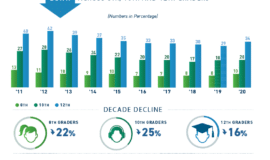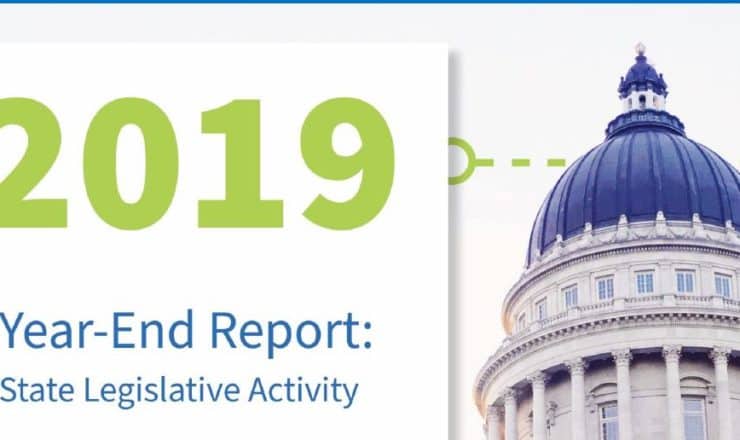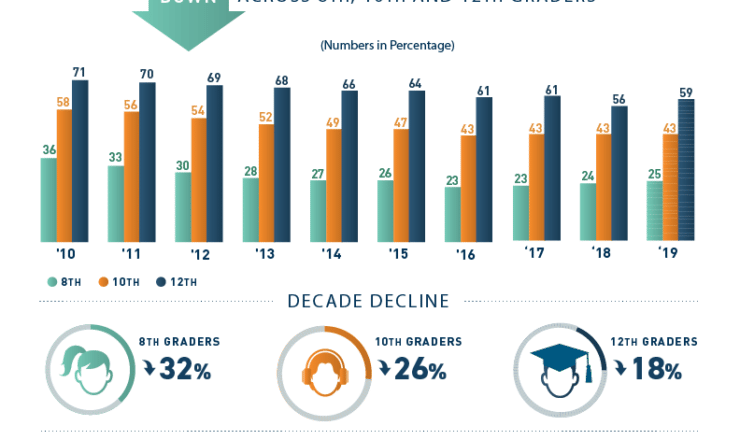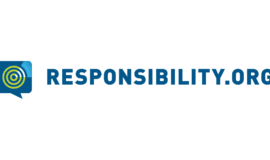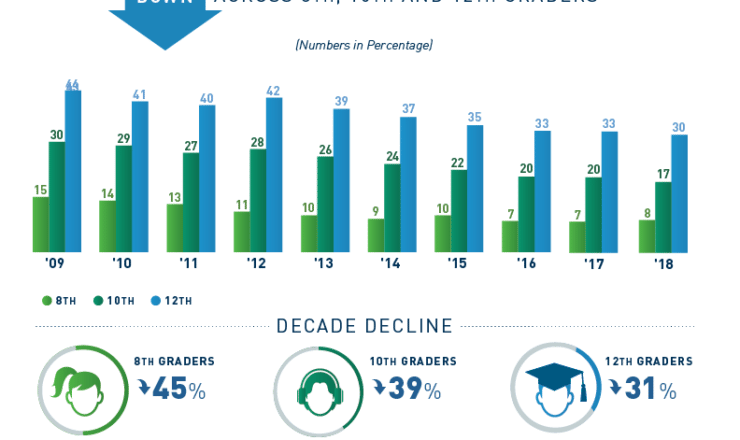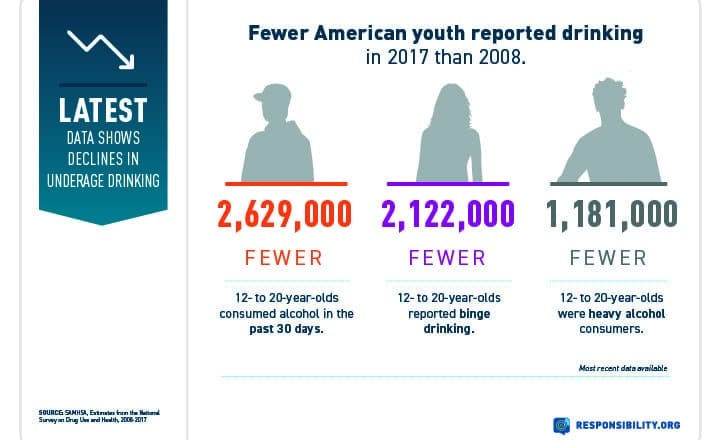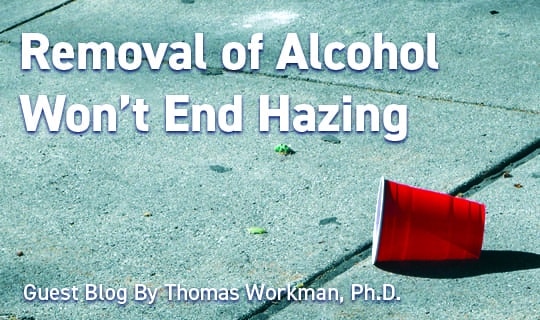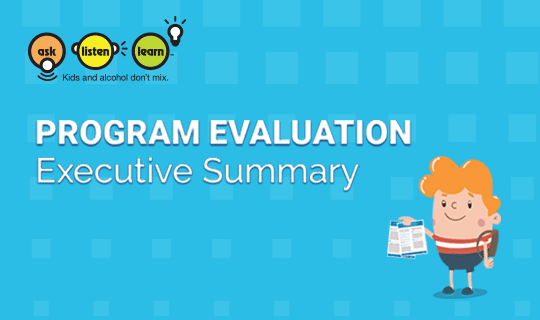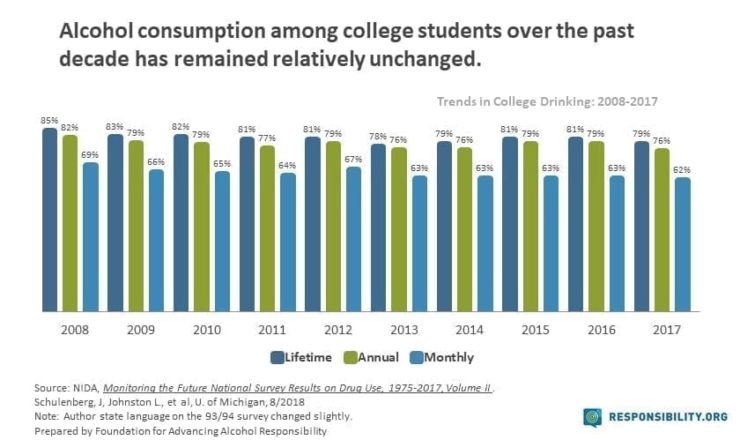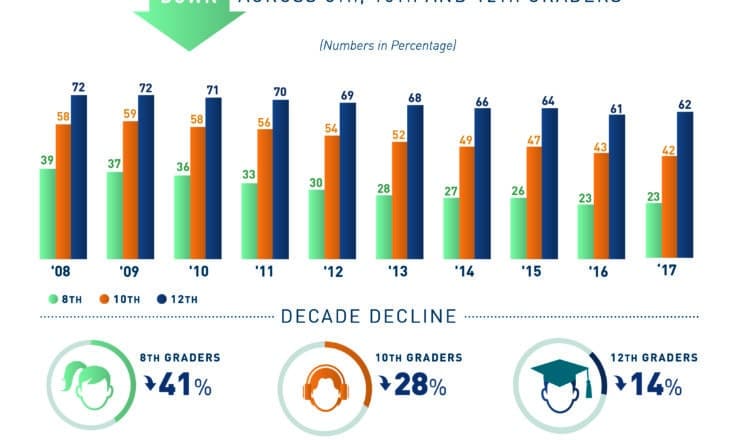It’s Time to Tell a Different Story About Fraternity Drinking
Conditioned to covering the college alcohol story as an endless tragedy, the news media used a recent study from the American Psychological Association’s journal Health Psychology to beat the old drum that high-risk drinking among fraternity members is the unchangeable norm.
The headline at the Chicago Tribune, for example, reads, “Fraternity anti-drinking programs don’t work, analysis finds.” Others, ranging from the Chronicle of Higher Education to the Washington Post, followed a similar vein. The United Press International recklessly proclaimed: “Fraternity, sorority members immune to alcohol intervention, study says.”
The study itself comes nowhere near such dramatic conclusions. The paper systematically reviews 15 studies of 21 specific alcohol interventions that included fraternities. A meta-analysis of data across the studies found that the interventions showed “limited efficacy in reducing consumption and problems among fraternity and sorority members” (although, as the authors admit, none of the interventions targeted sorority women). Some things did work – in post-tests after some interventions, fraternity members did reduce the amount of alcohol they drank and the number of days they consumed it. The effect, however, the researchers claim, was “small to moderate.”
Most important, however, the authors make this important qualification:
“The magnitude of the observed within-group changes is clearly modest but these effects are equivalent to those observed in previous meta-analyses evaluating alcohol-related interventions in general student populations.”
Stated differently, the effectiveness of selected one- time interventions was as limited in fraternity and sorority members as in the general student population—no special immunity of Greeks detected!
Unfortunately, that’s not the message that most people read or heard.
The media’s reframing of the study findings to suggest that attempts to reduce high-risk drinking in fraternities and sororities are pointless is deeply problematic for campuses and students themselves. Yet, framing Greek Life this way is not new. We’ve portrayed fraternity life in our popular media—from Animal House to the recent Neighbors—as nothing more than an endless drunken party that has no remedy. This view has even permeated the campus; I’ve heard the same message of resignation for years from college administrators, parents, faculty, and even students themselves. When combined with ongoing media reports, the effect has been chilling for campus communities and prevention funders alike.
There is, of course, a very real problem in the high-risk drinking of fraternities and sororities that does need to be remedied. Data collected from student self-report surveys, such as Harvard’s College Alcohol Study, show a stark difference in the drinking rates of Greek-affiliated students versus non-Greek-affiliated students. Fraternity and sorority members engage in high-risk drinking at twice the rate of the general student population on some campuses. Data collected by Harvard until as late as 2005 showed similar trends, as have many other state and regional studies. An article by Harvard published in 1995 found that residence in a fraternity and sorority was the strongest predictor of college binge drinking. Clearly, Greek student organizations function with a level of risk that keeps many college administrators up at night.
But the conclusion that all fraternity and sorority members are incapable of recognizing and addressing their drinking behavior is simply misguided and perpetuates the problem. And declaring that there are no effective interventions for this population (as implied by the media coverage) is just inaccurate.
First, we have known for years that single, one-time interventions, attempted inconsistently over short periods, do have limited, if any, effect. We also know that campus- and community-wide approaches that combine individual-level interventions with environmental changes have had significant impacts in the campus-communities that have dedicated the time, energy, and resources to employ them consistently. (For an excellent source on evidence-based interventions for the college setting, rated by the evidence of their efficacy, visit the National Institute for Alcohol Abuse and Alcoholism (NIAAA).)
Even more important, we have known for some time that personal autonomy is a critical component of behavior change. That’s why our best evidence of efficacy comes from interventions that allow students to assess their alcohol use (through guided feedback) in relation to their expectations, perceptions, and goals to make deliberate decisions about their choices. At campuses that communicate and enforce clear standards about acceptable behavior and support moderation, the result has been dramatic. Conversely, if the environment contradicts rather than supports self-reflection, the difficulty for a student to modify alcohol consumption grows significantly.
Obviously, nothing science has discovered about the inherent character or personality of a Greek-affiliated student indicates an inability to self-reflect and make decisions. But there is more to be done in helping fraternity and sorority leaders recognize their student organizations’ role as environments that either foster mindful alcohol consumption or undermine moderation. Many national fraternity and sorority corporations now have programs—some more successful than others-- aimed at creating an environment of scholarship, philanthropy, fellowship, and service in their chapters.
I have interacted with a broad range of student leaders – including fraternity officers – who share the concern about drinking practices that destroy planned events, harm to members and guests, and bring bad publicity to the chapter. Many of these leaders also struggle with battling cultural expectations and norms when trying to keep members of their organizations safe and the group itself out of trouble. When taken out of a defensive posture, many of these students are the first to acknowledge the problems and are genuinely interested in finding realistic solutions.
But there is little support for the student leaders of these organizations. Interventions are often targeted at these students rather than conducted with them. Often, student leaders are held responsible for behavior they have not been guided to understand or effectively address. And far too often, they are given “all or nothing” directives that make shifting the culture an impossible uphill climb.
For all these reasons, the American Institutes for Research, with funding from the Foundation for Advancing Alcohol Responsibility (Responsibility.org), is piloting an online toolkit for student leaders of campus organizations, including fraternities and sororities, in fall 2016. The Failsafe toolkit helps student leaders apply evidence-based individual- and environmental-level interventions comprehensively, adapting them to the student organization’s specific needs. The toolkit allows students autonomy to address the avoidable negative consequences of high-risk drinking on their own. Based on the interactions that I and many prevention colleagues have had with students who share the concern about the negative consequences of the current college drinking culture, I believe many fraternity and sorority leaders are just waiting for the tools and the support to step forward and create change.
Like all interventions, however, those in the Failsafe toolkit rely heavily on a larger surrounding campus and community environment where clear policies, consistent enforcement, and consistent messages about appropriate alcohol use foster student-led change. The larger alcohol environment of the campus-community must be addressed, from the stadium tailgate to the unmanaged rental properties and “college” bars surrounding campuses, if we truly want to see well-designed interventions become successful.
And certainly, we all need to rethink our stereotypes of fraternity life and focus on how the organizations can and should benefit students, campuses and communities.
Thomas Workman, PhD, is the Principal Researcher at the American Institutes for Research
*The views and opinions expressed in this blog are solely those of the author and do not necessarily reflect the views of the Foundation for Advancing Alcohol Responsibility (Responsibility.org) or any Responsibility.org member.*


